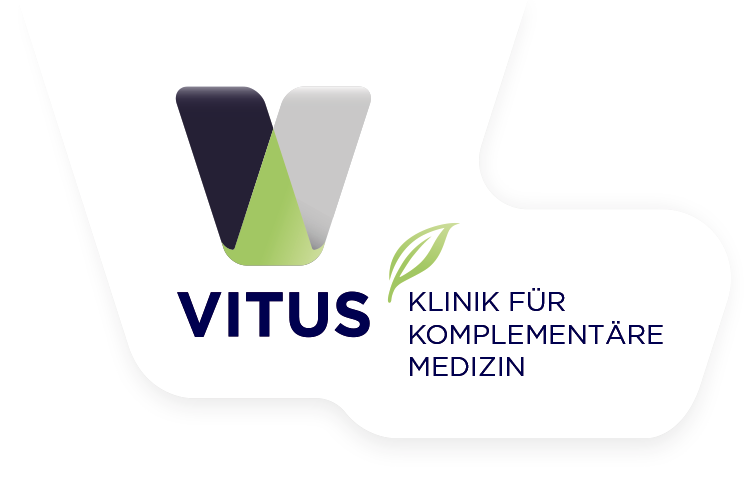Measurement of oxidative stress
Oxidative stress in the body, an imbalance between free radicals and antioxidants, can cause cell damage.
Measuring oxidative stress in the body can be a complex matter as there are many different markers and approaches. Oxidative stress refers to an imbalance between the production of free radicals (reactive oxygen species) and the body’s ability to scavenge and neutralize them. Here are some methods that can be used to measure oxidative stress:
Measurement of biomarkers in blood or urine
Malondialdehyde (MDA)
MDA is an end product of lipid peroxidation and can serve as a marker for oxidative stress.
8-OHdG (8-hydroxydeoxyguanosine)
This biomarker is often used to measure oxidative damage to DNA.
Measurement of antioxidants
Total antioxidant status (TAS) or total antioxidant capacity (TAC):
These measurements record the body’s ability to neutralize free radicals and can thus indirectly indicate oxidative stress.
Vitamin C level:
The vitamin C content in the blood is an important antioxidant parameter.
Measurement of enzyme activities:
Glutathione peroxidase (GPx) and superoxide dismutase (SOD): These enzymes are involved in the neutralization of free radicals. Their activities may indicate oxidative stress.
Measurement of protein oxidation:
Our infusion program is designed to meet the unique needs of each individual. Through a thorough analysis of your health situation, we create a customized infusion protocol that is tailored to your specific requirements.
Measurement of inflammatory markers:
C-reactive protein (CRP) and interleukin-6 (IL-6): Inflammation and oxidative stress can be linked, therefore inflammatory markers can provide indirect evidence of oxidative stress.
It is important to note that these measurements should often be interpreted in the context of clinical symptoms and the overall health picture.
In addition, different methods can capture different aspects of oxidative stress, and not all brands are equally relevant for every situation. The interpretation of the results should therefore be carried out by qualified specialists, such as doctors or nutritionists.
Talk to us on 069 50 50 00 948 or send us an e-mail using the contact form.

